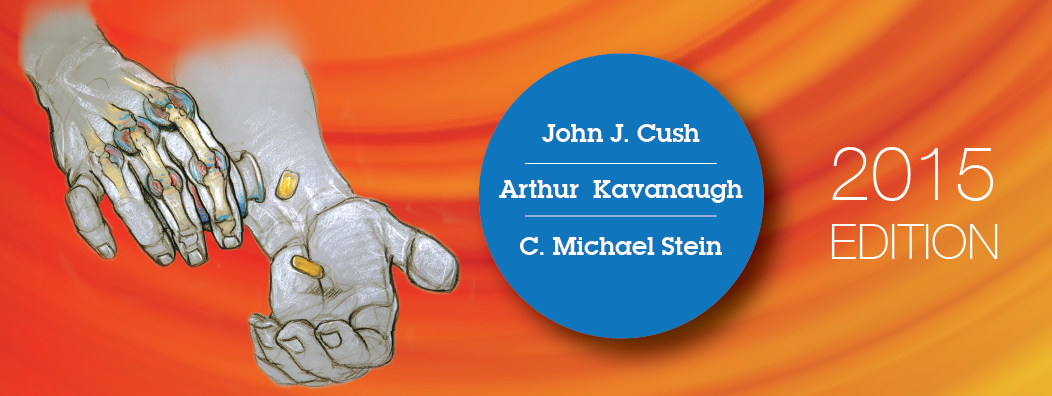Rubella Arthritis
Last updated: October 31, 2014
Synonyms: Rubella is also known as German measles.
ICD-9 Code: 056.71.
Definition: Rubella arthritis is a previously common childhood exanthem that may lead to arthritis in affected adults or children.
Etiology: Chronic rubella arthritis is caused by infection with an RNA virus. The rubella virus has been isolated from synovial fluid and peripheral blood. Although persistence of viral antigen may be detected, the pathogenic importance of this remains unclear.
Demographics: Rubella arthritis most commonly affects young women who are exposed to school-age children. It develops in approximately one-third of natural infections. Arthritis also has been described after rubella vaccination, which uses a live attenuated virus. Previous vaccine strains were more commonly associated with arthropathy than those used currently. Despite widespread vaccination, sporadic outbreaks are reported in hospitals, prenatal clinics, and colleges.
Cardinal Findings: The classic morbilliform rash can precede or accompany joint symptoms. Nonspecific constitutional symptoms may briefly antedate the rash and include malaise, fever, anorexia, upper respiratory tract infection, lymphadenopathy, and eye pain. Symmetric inflammatory arthritis, which occurs more often in adults than children, affects both small and large joints, including the proximal interphalangeal joints, wrist, and knees. Carpal tunnel syndrome or tendinitis may develop. Joint symptoms may be the sole manifestation in adults. Arthropathy generally remits by 1 month but may last as long as a year in some. Atypical neurologic sequelae, such as radiculoneuritis affecting an arm or leg, have been described after vaccine administration.
Diagnostic Tests: Diagnosis is confirmed serologically by hemagglutination inhibition, complement fixation, or ELISA. RF is elevated in <25% of patients. Synovial fluid is moderately inflammatory. The virus is occasionally isolated from respiratory secretions.
Keys to Diagnosis: Look for abrupt-onset arthritis with classic rash after exposure to infected children or vaccination and diagnostic confirmation by serologic tests.
Therapy: There is no specific therapy other than analgesics and occasionally NSAIDs. Symptoms are self-limiting except in rare cases.
BIBLIOGRAPHY
Smith CA, Petty RE, Tingle AJ. Rubella virus and arthritis. Rheum Dis Clin North Am 1987;13:265. PMID:3321211


